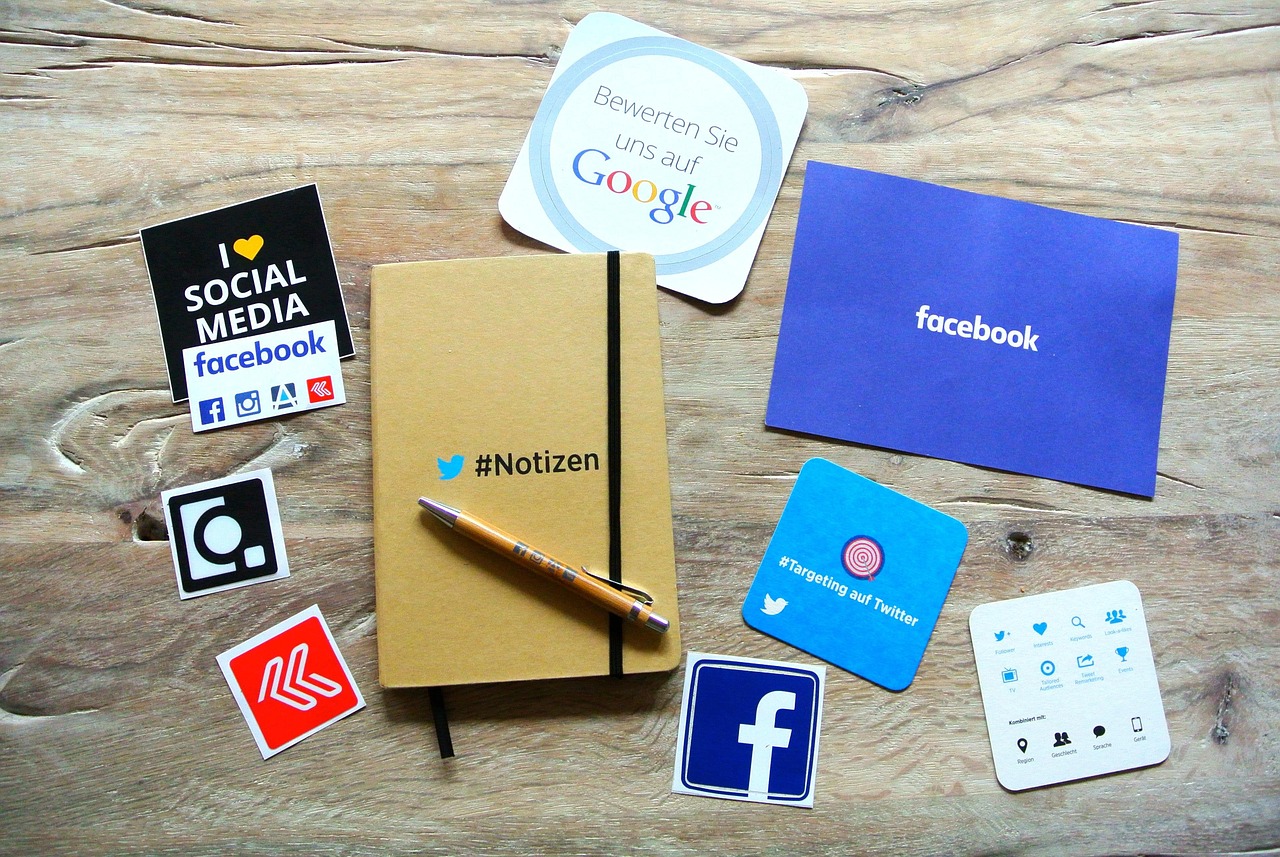Scalable growth is critical for long-term success. Smart marketing enables companies to expand efficiently without exponentially increasing costs. It’s about leveraging data, technology, and customer insights to make informed decisions. By targeting the right audience with personalized messages and using automation to streamline efforts, businesses can optimize their resources. Smart marketing bridges marketing and sales, delivering consistent customer experiences across channels. This approach maximizes ROI and builds strong brand loyalty. In this post, we explore six critical ways smart marketing drives scalable business growth in the modern landscape.

Related Contents:
Data-Driven Decision Making
Data-driven decision making is the cornerstone of smart marketing, allowing businesses to base their strategies on real insights rather than guesswork. By analyzing customer behavior, engagement patterns, and campaign results, companies can identify what works and what doesn’t. Skilled in interpreting these data points, expert marketers guide their teams to optimize targeting and messaging for maximum impact. This approach reduces wasted budget and increases the return on investment by focusing efforts where they matter most. With continuous monitoring and adjustment, data-driven marketing enables companies to respond quickly to market shifts and customer needs, creating a flexible and scalable growth model that drives long-term success.
Crafting Customer-Centric Experiences
Personalization is no longer optional; it’s expected. Smart marketing uses customer data to tailor messages and offers, making each interaction relevant and engaging. Personalized campaigns build emotional connections and enhance customer loyalty. For example, sending emails based on purchase history or displaying customized website content increases the chances of conversion. Advanced technologies like machine learning analyze user behavior to predict needs and automate relevant communications. Personalization creates a seamless and satisfying customer journey, encouraging repeat business and referrals. When customers feel understood, they become brand advocates, which fuels scalable growth by expanding the customer base organically over time.
Marketing Automation
Marketing automation tools help businesses scale by handling repetitive tasks efficiently, such as email campaigns, social media posts, and lead nurturing. Automation frees marketers to focus on strategy and creativity while ensuring consistent communication with prospects and customers. Automated workflows deliver timely, relevant messages based on customer behavior, increasing engagement and accelerating sales. This approach reduces the need for additional staff as the company grows, helping maintain cost-effectiveness. Integration with CRM systems enhances alignment between marketing and sales teams, improving lead management and conversion rates. Marketing automation streamlines processes and boosts productivity, making it a vital component for scalable business growth.
Multi-Channel Strategies
Relying on a single marketing channel limits growth potential. Smart marketing employs multi-channel strategies to reach customers across platforms such as social media, email, search engines, and more. This diversification increases brand visibility and reduces risk. By reinforcing messages across different channels, businesses improve brand recall and engagement. For example, a customer may first see a social media ad, then receive a personalized email, and later be retargeted with search ads. This coordinated approach nurtures leads through multiple touchpoints, improving conversion chances. Multi-channel marketing allows companies to tap into diverse audience segments, adapt to shifting behaviors, and grow sustainably.
Brand Building
Strong brands are powerful assets that drive long-term growth. Smart marketing focuses on building brand equity through consistent messaging that reflects company values and unique selling propositions. A recognizable brand differentiates a business from competitors and builds trust with customers. This trust supports premium pricing, repeat purchases, and customer loyalty. Investing in brand storytelling and customer experience creates emotional connections, turning buyers into advocates. Word-of-mouth referrals generated by loyal customers reduce acquisition costs and enhance growth potential. Brand building complements short-term marketing wins, ensuring sustainable success by establishing a resilient identity that withstands market fluctuations.
Continuous Learning and Optimization
Markets and technologies evolve rapidly, making continuous learning crucial for scalable growth. Smart marketing embraces a culture of experimentation, testing, and data analysis to optimize campaigns regularly. Marketers use performance metrics to identify effective tactics and pivot from less successful ones. This iterative process reduces risks and enhances efficiency. Staying informed about emerging trends, such as AI-driven marketing or new social platforms, allows businesses to innovate and capture new opportunities early. Continuous optimization ensures marketing remains relevant and competitive. By adapting to changes proactively, companies maintain momentum, improve customer targeting, and sustain scalable growth.

Smart marketing is critical for scalable business growth, combining data insights, personalization, automation, multi-channel strategies, brand building, and ongoing optimization. This holistic approach helps companies expand efficiently while enhancing customer experiences and maximizing ROI. Businesses that adopt smart marketing gain a competitive edge by making informed decisions, nurturing loyal customers, and adapting to market changes. As digital technologies evolve, smart marketing will only become more critical to sustaining long-term growth. By investing in these strategies today, companies can build resilient brands prepared to thrive in the marketplace.

Founder Dinis Guarda
IntelligentHQ Your New Business Network.
IntelligentHQ is a Business network and an expert source for finance, capital markets and intelligence for thousands of global business professionals, startups, and companies.
We exist at the point of intersection between technology, social media, finance and innovation.
IntelligentHQ leverages innovation and scale of social digital technology, analytics, news, and distribution to create an unparalleled, full digital medium and social business networks spectrum.
IntelligentHQ is working hard, to become a trusted, and indispensable source of business news and analytics, within financial services and its associated supply chains and ecosystems











